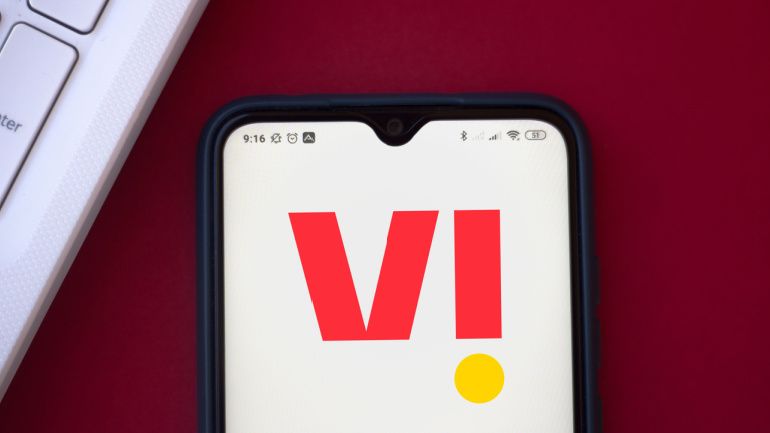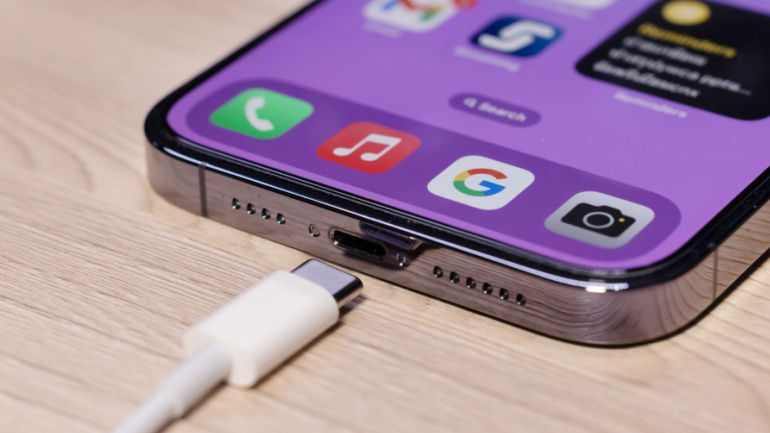In the ongoing debate over Big Tech’s ‘fair share’ contribution to telecom infrastructures, new findings from the Belgian Institute for Postal Services and Telecommunications call into question the validity of the argument. BIPT concludes attributing Big Tech solely for data streams might be over simplistic, citing investments made by Content Application Providers in broader infrastructures. The study raises important concerns about the potential negative impact for end-users, small local CAPs, and the principle of net neutrality.
Gartner forecasts a huge 20.4% increase in public cloud services expenditure by 2024, hitting an astounding $679 billion. This surge in spending could be primarily driven by business needs and innovative technologies like generative AI. Interestingly, all cloud market segments Gartner monitors are set to grow, with Infrastructure-as-a-service (IaaS) leading the pack at 26.6%. That said, as the cloud market evolves in response to business outcomes, non-technical issues such as cost, privacy, and sustainability are crucial considerations for an effective GenAI deployment.
IBM and AWS are joining forces to enhance generative AI solutions. IBM Consulting will train 10,000 consultants in AWS generative AI by 2024, offering services like Contact Center Modernization with Amazon Connect. Sinch is partnering with Webex by Cisco to launch Sinch Calling with Webex, an integrated product combining messaging, meetings, and voice capabilities. Ooma is expanding its services to the Asia Pacific region to support IWG’s work solutions, providing phone and unified communications services. Connectbase is expanding data capabilities in The Connected World platform, offering detailed tenancy data for network operators expanding in the UK and Ireland.
Explore EE’s new ‘everything app’, aiming to centralize device sales and manage subscriptions. This all-encompassing platform offers the ability to purchase gaming accessories or trade devices. Alongside this, EE has introduced enhanced broadband and mobile packages, and a focus on personalized customer service. As the company confidently adjusts to its innovative role within the telecommunications landscape, competitors are left needing to pick up the pace.
UK’s communications regulator, Ofcom, has initiated an in-depth examination of the market dominance by Amazon and Microsoft in the cloud infrastructure services space, a move raising concerns about market competition. The regulator has tasked the Competition and Markets Authority with evaluating potential challenges for consumers in switching cloud providers due to issues like high data transfer fees and technical barriers. The outcome of this audit could have potential implications for these tech giants and impact the future landscape of the cloud services domain.
Vodafone Idea recently dismissed rumors of a possible acquisition by a U.S. telecoms giant, causing industry analysts to prod for the hidden undertones. Some speculate that Vodafone’s denial opens the door for unnamed contenders, as the company strives toward recovery. This intrigue has elevated share prices, indicating a potential deal. Yet, the evidence behind these speculations remains elusive. Stay with us for more revelations.
Apple’s recent unveiling of four new iPhone models, with prices starting from £799, highlights the company’s steady stream of innovation. This release has also stirred debate among smartphone enthusiasts questioning the extent of the innovations, especially considering the premium pricing. Despite predicted criticism, Apple maintains its market dominance by committing to incremental upgrades, asserting a commitment to environmental responsibility, and boasting durable, low-bug products.
The EU’s strategic push under the Digital Markets Act has resulted in mega-tech firms Alphabet, Amazon, Apple, ByteDance, Meta and Microsoft being labelled ‘gatekeepers’. With this new classification, pivotal changes are expected in the realm of digital services for end-users and businesses. Crucial guidelines centering around data transparency, competitiveness, and platform interoperability must now be adhered to. On the other side of the coin, brands such as Samsung have evaded the ‘gatekeeper’ tag.
SK Telecom’s recent interest in burgeoning AI companies, especially in the AI Contact Center specialist, Persona AI, is undeniable. The partnership aims to revolutionize customer service through AI technology, reducing wait times and providing 24-hour service. However, challenges remain as AI tries to match the human knack for voice recognition and interpretation. SKT and Persona AI also plan to venture into voice recognition kiosks and voice-activated robots, capitalizing on a rapidly growing market.
Transferring 5G workloads to the public cloud is proving slower than expected, leading financial firm Dell’Oro to adjust its growth predictions for 5G standalone (SA) solutions down. Despite this, a growth rate of 65% over five years is still anticipated. However, the slow adoption of 5G SA by mobile network operators and enterprises has led to a cautious approach. Hyperscale cloud providers look set to hold just 6% of total market revenue in the next five years, underscoring the remaining untapped potential in the 5G SA market.













